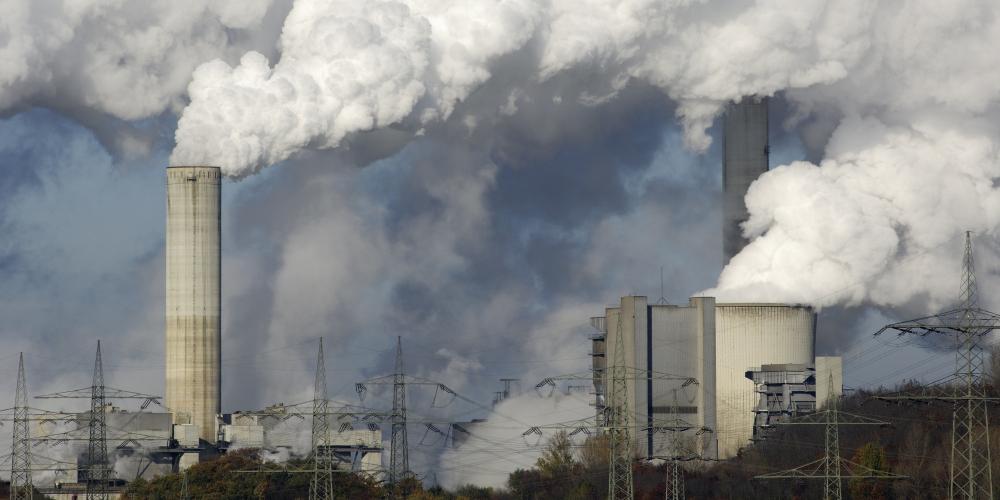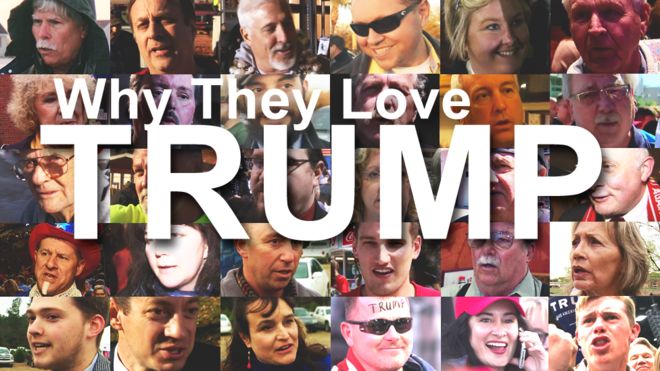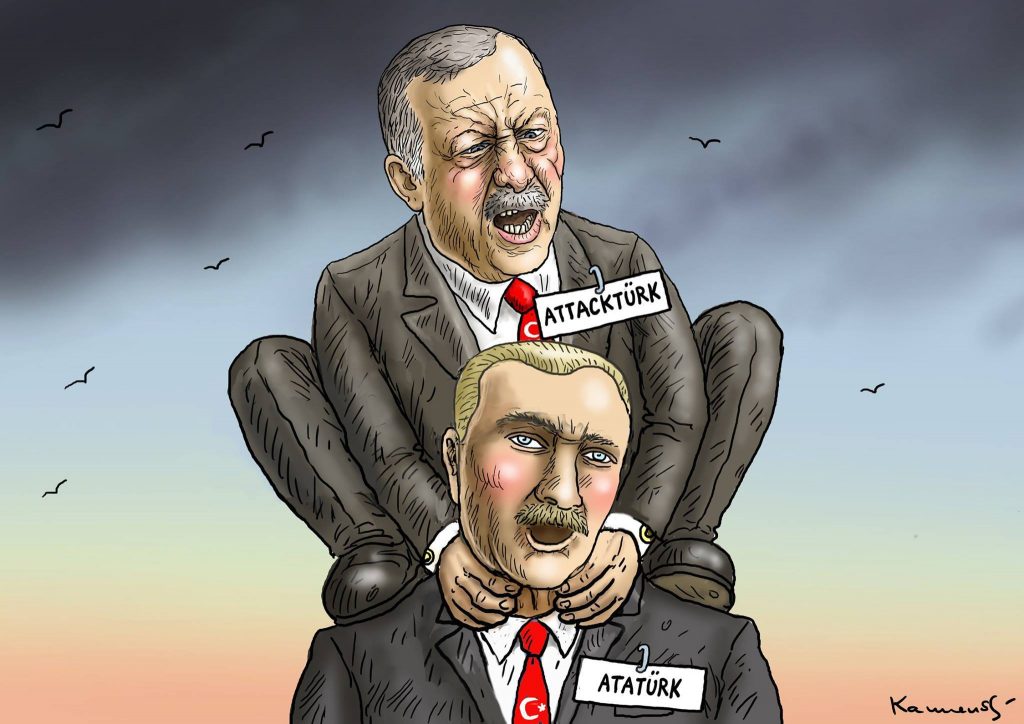Making America Great Again

Trump has recently decided that a number Global Warming skeptics and people hostile to protecting the environment should be part of his new “Making America Great Again” administration. Just great!
The Plan is to Shut Up all the People who care
Scientific American wrote about Jeff Sessions the Alabama politicians that wants to join the “Making America Great Again” team.
“Sessions has also sought to restrict the Justice Department’s investigations of people who oppose the mainstream science on climate change. In May, he signed a letter to Attorney General Loretta Lynch along with four other Republican senators—Mike Lee of Utah, Ted Cruz of Texas, David Perdue of Georgia and David Vitter of Louisiana—arguing that inquiries into private companies about climate change violate First Amendment rights to free speech.” Article
This is downright funny in its audacity.
The Missoulan reported that corporations in Montana have a long history of being supported by the state to pollute as much as they wish. It sais: “Certainly Montana has a long record of doing so – excusing industries while they’re operating and bending over backwards to keep the jobs going. But then, as with Smurfit-Stone, a corporate board makes a decision to shut down the operation and Montanans are left with the toxic mess and the inevitably expensive cleanups which may or may not actually clean up the sites. For the good of future generations, it’s time to quit listening to corporate polluters and stop the damage before it happens. Either we realistically regulate polluting industries or, as at Smurfit-Stone, the EPA will step in after the fact and use its Superfund authority to try and remediate our ongoing environmental disasters.” Article
What does Myron Ebel stand for?
Trump chose Myron Ebel to head up the certain ruination of our environment. Myron Ebel has devoted decades to fight legitimate efforts to hold corporate polluters accountable. He is director of the Center for Energy and Environment at the Competitive Enterprise Institute and chairs the Cooler Heads Coalition, which comprises representatives from more than two dozen non-profit organizations based in the United States and abroad that challenge global warming alarmism and oppose energy rationing policies. He proudly defended the Automotive Industry’s right to pollute. He believes that the public land belongs to rangers and should be able to use it in anyway they see fit without any concern for the public and their right to have endangered species of plants, birds and animals protected. Ebel’s organization CEI also proudly states on its website: “Yesterday CEI filed a lawsuit against New York attorney general Eric Schneiderman for refusing to disclose the legal agreements his office made with other state attorneys general and environmental activists as part of his “AGs United for Clean Power” campaign against climate skeptics.”
Myron Ebel is know to say: “Carbon pollution is CO2, and that’s really not a pollutant. It’s a plant food, and it doesn’t really harm anybody except that it might include temperature increases,” he said in a 2015 hearing of the Environment and Public Works Committee, where he mocked EPA Administrator Gina McCarthy. The links above will allow you to read Myron Ebel’s attitudes in his own words and those of his hirelings at CEI.
The earth is still here for the moment and not all is lost
The Economist frames their reaction by stating: “Even if Mr Trump honors America’s commitment to the Paris accord, it is unlikely that his administration will galvanize action. Many in the Republican establishment think that climate deals are examples of global regulatory over-reach. The world has relied on American Leadership for too long. China’s carbon emissions may already have peaked. Improvements in cars’ fuel efficiency cut oil consumption by 2.3m barrels a day in 2015, even when petrol was cheap. China, India, the European Union, Canada and others have strong incentives to embrace cleaner technologies. If they work together they can make a difference—with or without the United States.” Economist Full Article
Not all countries around the world have sold their soul to the “Mighty Mammon” the way so many US politicians and US corporations have over the past 30 years. In case you don’t remember what that means. It originated in England in the 19th Century where in various publications it is described as: “An intense spirit of selfishness that pervade the entire system of society.” or “Every man for himself and the devil may take the hindmost.” or as in the Cambridge and Oxford Review: “But Mammon had penetrated the country side, where cottage destroying land lords denied that they were their brother’s keepers.”
So hopefully The Economist is correct and as the US will go through a few years of decadent self loathing and irresponsibility the rest of the world will pick up the slack.
To read Myron Ebel’s latest musings and misbegotten “Mighty Mammon” rationalizations that there aren’t any environmental problems and that to say so would take coal out of the bathrooms of poor people you can read it in his own words. click here.



